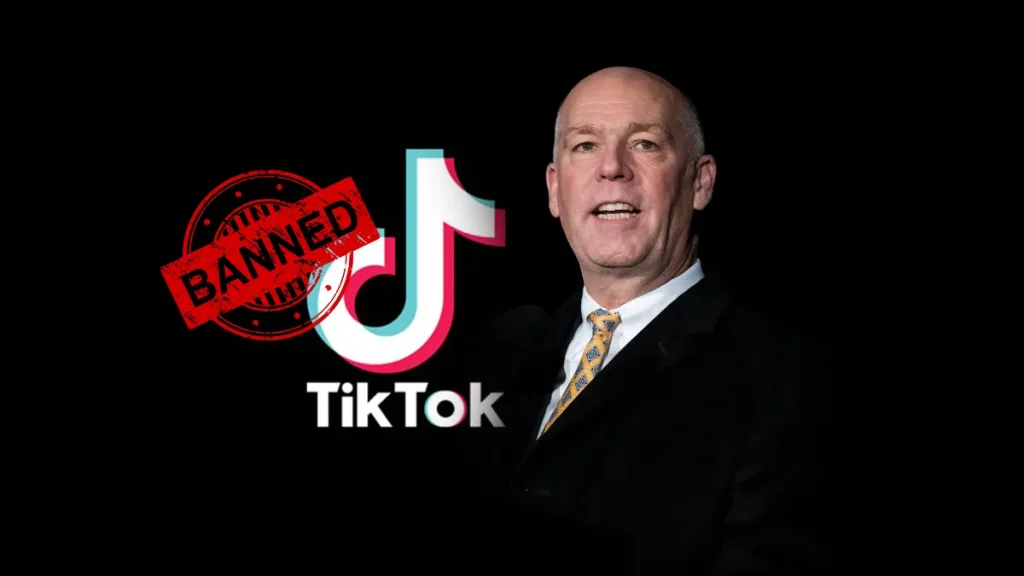Montana, under the leadership of Governor Greg Gianforte, has taken a groundbreaking stance by signing legislation to ban the Chinese-owned social media platform TikTok. The move aims to safeguard residents from potential intelligence gathering by China, positioning Montana as the first state in the United States to enforce such a ban. However, legal challenges are expected, given the controversial nature of the decision. This article delves into the motivations behind Montana’s ban on TikTok and the implications it holds for both the state and the popular video-sharing app.

Montana’s Ban and Its Implications:
Governor Gianforte has made it unlawful for Google and Apple’s app stores to offer TikTok within the state, effective from January 1, 2024. Notably, the ban does not impose penalties on individuals using the app. The decision is rooted in concerns about potential Chinese government influence over the platform, an issue that has garnered attention from U.S. lawmakers and state officials across the country.
TikTok’s Response and Legal Challenges:
In response to the ban, TikTok, owned by Chinese tech company ByteDance, expressed concerns about the infringement on First Amendment rights. The company vowed to defend its users’ rights both within and beyond Montana’s borders. However, with over 150 million American users, TikTok’s legal battle to reverse the ban is expected to face significant obstacles.
Growing Calls for Nationwide Ban:
TikTok’s widespread popularity among American teenagers has led to increasing scrutiny and calls for a nationwide ban. Concerns about data privacy and potential Chinese government access have fueled the debate. Despite the congressional committee’s inquiry into TikTok’s practices, broader actions to ban or regulate the app at the federal level have yet to materialize.
Implications for Montana’s Economy and Civil Liberties:
The ban on TikTok could potentially impact Montana’s small businesses and individuals who rely on the platform for self-expression, information sharing, and entrepreneurship. The American Civil Liberties Union (ACLU) has criticized the law as unconstitutional, highlighting the potential infringement on free speech rights. Whether the ban will withstand legal challenges remains uncertain.
Past Attempts and Public Figures’ Stances:
Former President Donald Trump’s endeavor to ban TikTok through a Commerce Department order faced legal hurdles and ultimately did not come into effect. Notably, TikTok’s free speech allies include several Democratic members of Congress and organizations like the ACLU. Industry groups, such as NetChoice, have also voiced their concerns about the ban, citing constitutional rights and due process.
Governor Gianforte’s Broader Approach and Project Texas:
Governor Gianforte aimed to extend the ban to other social media applications sharing data with foreign adversaries. Additionally, he prohibited the use of social media applications that collect and provide personal information or data to foreign adversaries on state government-issued devices. Meanwhile, TikTok has been working on Project Texas, an initiative to store American user data in the U.S. through collaboration with tech company Oracle.
Montana’s decision to ban TikTok sets a precedent in the United States, raising questions about data privacy, national security, and free speech. While the ban’s implementation in Montana is imminent, legal challenges and public debates surrounding the ban’s constitutionality are expected to shape its future. As the ban goes into effect on January 1, 2024, the tech industry, civil liberties advocates, and users will closely monitor the outcome and implications of this groundbreaking decision.



